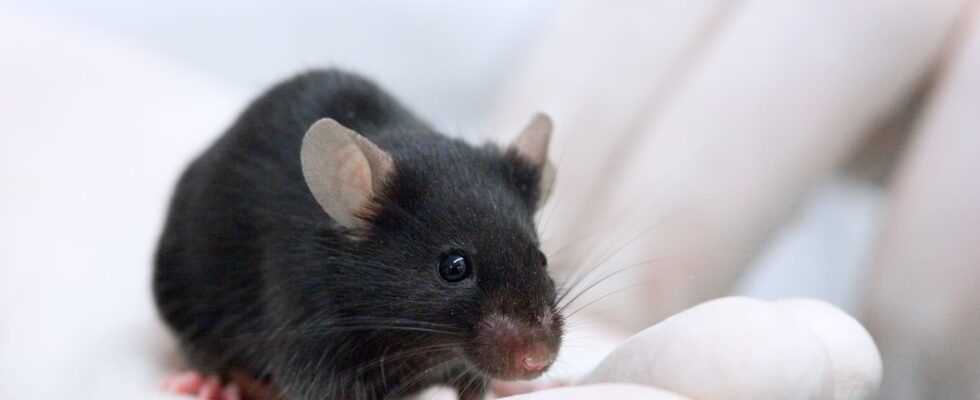The English phrase “live fast, die young” goes back to the observation that people with a fast and risky lifestyle die prematurely. In biology, however, it has a very different origin: animals with a high metabolic rate tend to die earlier than those with a slow metabolism. However, this may only be half the truth, because metabolism and body temperature are closely linked: if the former is low, so is the latter. Now, if you put mice on a diet (thus slowing down their metabolism), they live longer — but it’s unclear which of the two factors is responsible. Researchers led by biologist John Speakman from the University of Aberdeen have solved this dilemma with an elegant experiment and published their results in the journal “Nature Metabolism”.
In order to separate both effects, the team made use of a special circumstance: If mice and hamsters are exposed to particularly high temperatures, their body temperature increases, but their metabolic rate decreases at the same time. This protects the animals from overheating. The scientists observed that the rodents lived shorter lives as a result – and not longer, as would have been expected in terms of metabolism. Speakman and his colleagues then used a trick: They blew air over the small test animals with mini fans. This did not affect their metabolism, but prevented their body temperature from rising. Lo and behold: the effect on life expectancy was reversed again. Body temperature thus appears to have a greater impact on lifespan than metabolism. Perhaps the proverb should therefore be changed from »live fast, die young« to »live cold, die old«.
